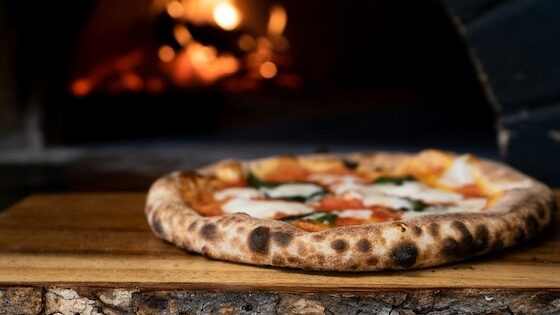Several technologies have emerged to meet the moment of the past year. Companies have pivoted or emerged to address the shifting demand signals of a Covid-inflected world. As we continue to examine, this trend has been good to “Covid-advantaged” businesses like eCommerce and communications.
One ongoing question we’ve batted around is if those covid-influenced models have staying power. Will they be confined to the demand signals of 2020 (and a good chunk of 2021)? Or have new consumer habits formed that will make these models fixtures in the Post-Covid “next normal?”
eCommerce is the biggest example. Consumers have developed the taste for online shopping, which has jumped to 15 percent of U.S. retail spending after lingering around 10 percent for the past decade. And it’s not going back down to 10 percent in the Post-covid world. The cat’s out of the bag.
When we say eCommerce, it’s not just ordering hard goods online. It includes online transactions for local services and fulfillment. We’re talking curbside pickup and order-ahead QSR. These models inherently have non-pandemic consumer benefits… though it took a pandemic to expose them.
Streamlining Restaurants
Sort of in that same breath is the streamlining of food and restaurant operations. Prior to the pandemic, we saw the rise of cloud kitchens and order-only coffee shops. Lowered overhead and other micro-economic advantages have caused these models to emerge and gain traction in the past few years.
Then, along came a pandemic and made them even more attractive, because they’re inherently social-distancing-friendly. Cloud kitchens for example are based on a delivery model; and eschew the cost, polish, location requirements, space constraints and operational headaches of a sit-down restaurant.
The latest example of this principle comes from Mealco. The startup just raised $7 million in seed funding to streamline the process of starting a restaurant. Instead of establishing a location, staff, supply chain and other headaches, it does all of that as a platform. Call it restaurant as a service.
Mealco argues that 98 percent of the focus of starting a restaurant are with all of these orbiting logistics… as opposed to the product itself (food). Yet, chefs start restaurants out of love for the culinary aspects. So is the traditional model out of whack, not to mention capital-intensive?
To address this, Mealco provides a platform for chefs to develop a menu while it essentially does the rest. Mealco sources food ingredients locally, which are cooked using its kitchen infrastructure and delivered through standard third-party delivery platforms (think: Uber Eats, DoorDash, et. al.).
It also supports branding, marketing and social media, including a chef-facing dashboard to access menu performance and customer feedback. Mealco says chefs can run it from their phones. Boil it all down and Mealco claims to streamline restaurant launches from (typically) a year+ to <8 weeks.
Will it Work?
There are certainly advantages to Mealco’s model in terms of lowering cost, headaches and optimizing chefs’ focus on food. But there are also disadvantages we envision. Though its software instructs employees about dish preparation, there will be QC issues without direct chef/owner supervision.
Speaking of chefs, it will take a certain kind to even be interested. Hardcore chefs — though averse to all of the logistical headaches characterized above — are big on supervising food preparation. Some are also vanity-driven… they want a restaurant with their name in lights where they can shake diners’ hands.
But that’s not to say that it’s the only breed of chef that exists. Mealco could serve opportunistic owners that want to achieve scale. It could also appeal to traditional chefs who already have their “flagship” locations and can use this model for supplementary distribution and revenue (beware of brand risk).
Meanwhile, the market is already validating Mealco to a degree. It has already launched restaurants that deliver in Manhattan, Brooklyn and Queens. Those include Mexican restaurant Tributo and Nashville hot chicken restaurant Cayenne (with chef Hillary Sterling). 50 chefs are currently on its the waitlist.
Either way, Mealco is notable in that it flips the traditional model. And again, it has emerged due to a certain set of macro-circumstances in a Covid-inflicted world. Will those same variables be in place a year from now? We’ll see if there’s a place for “restaurant-as-a-service” in the next normal.




